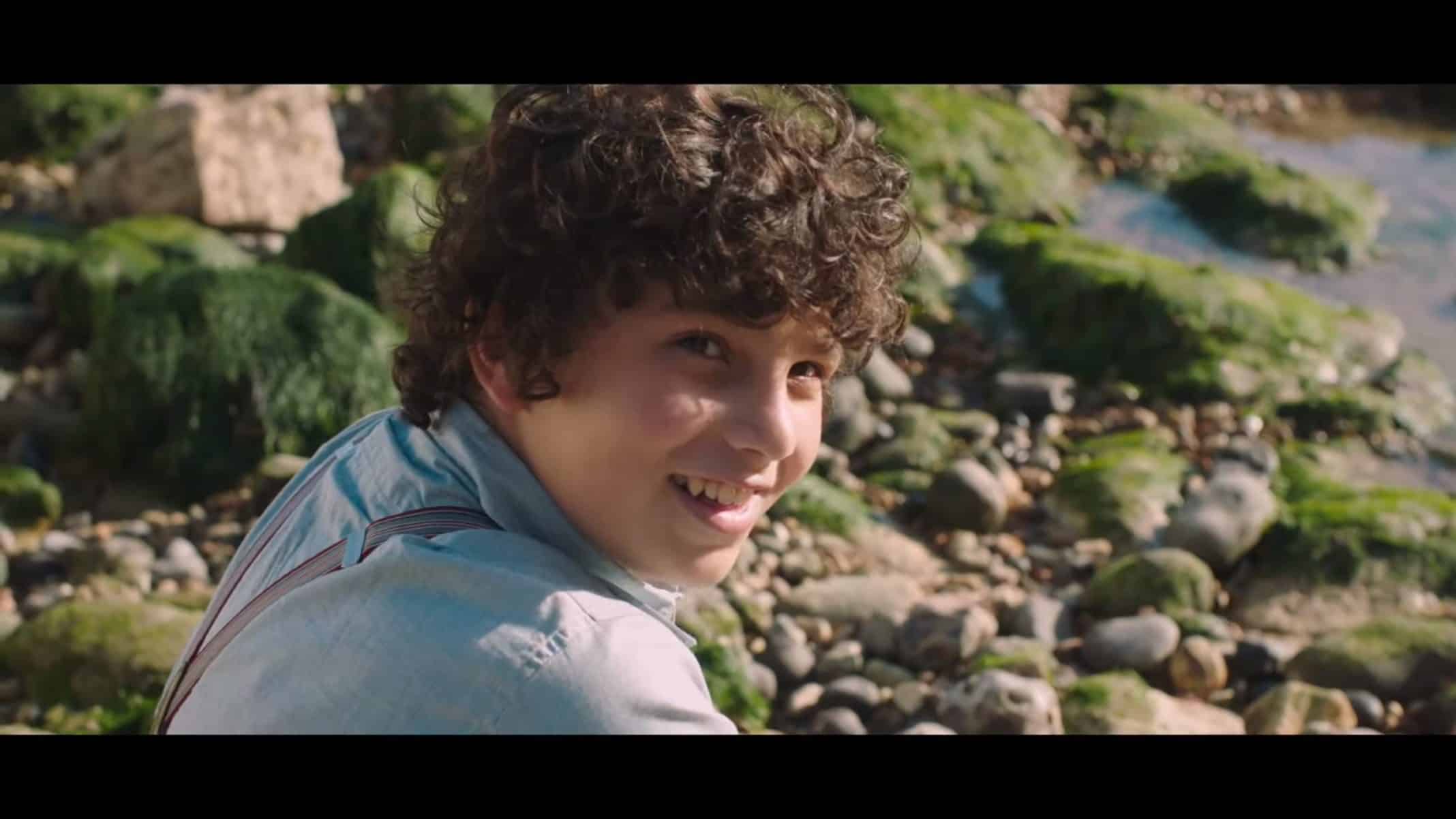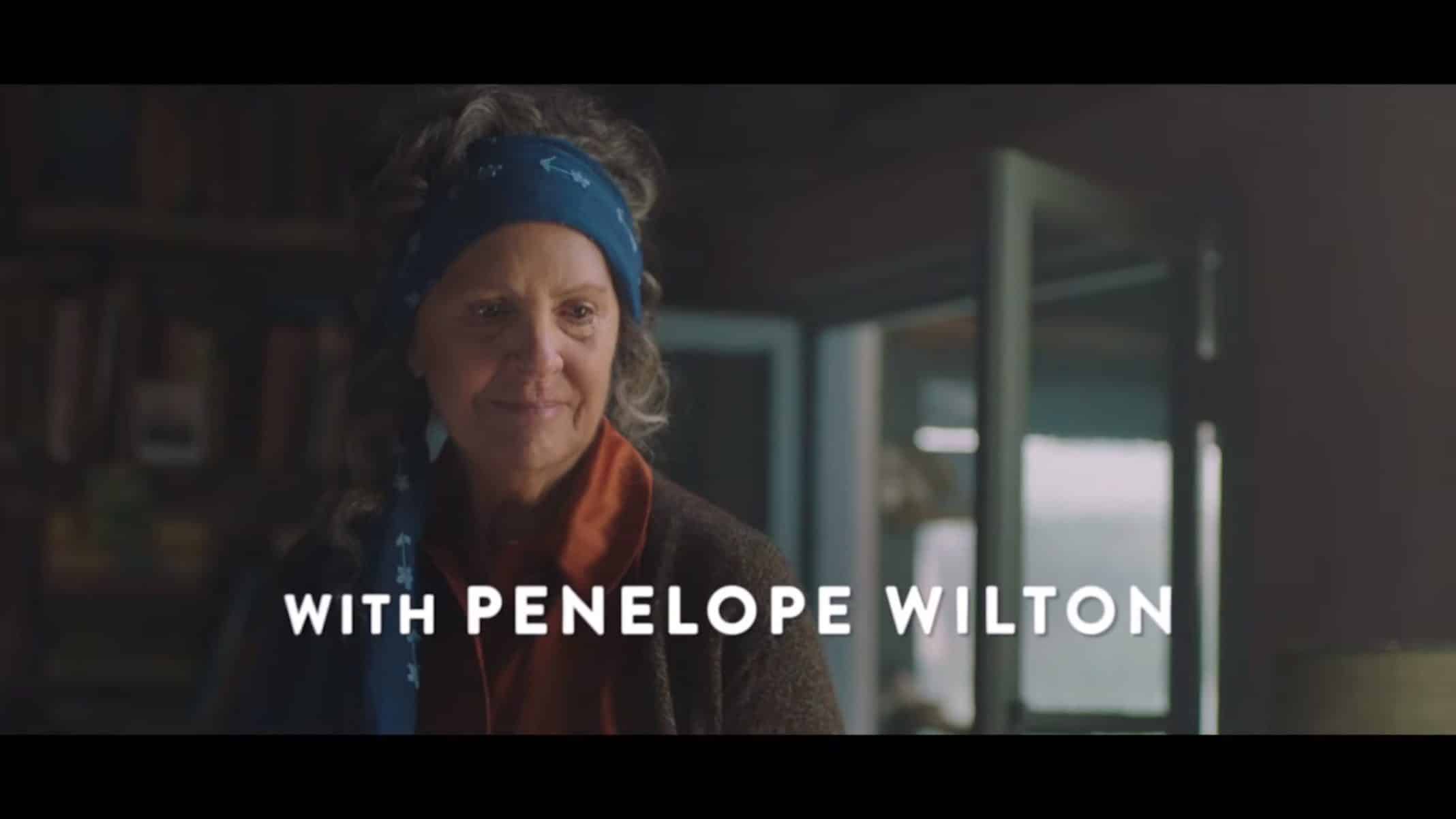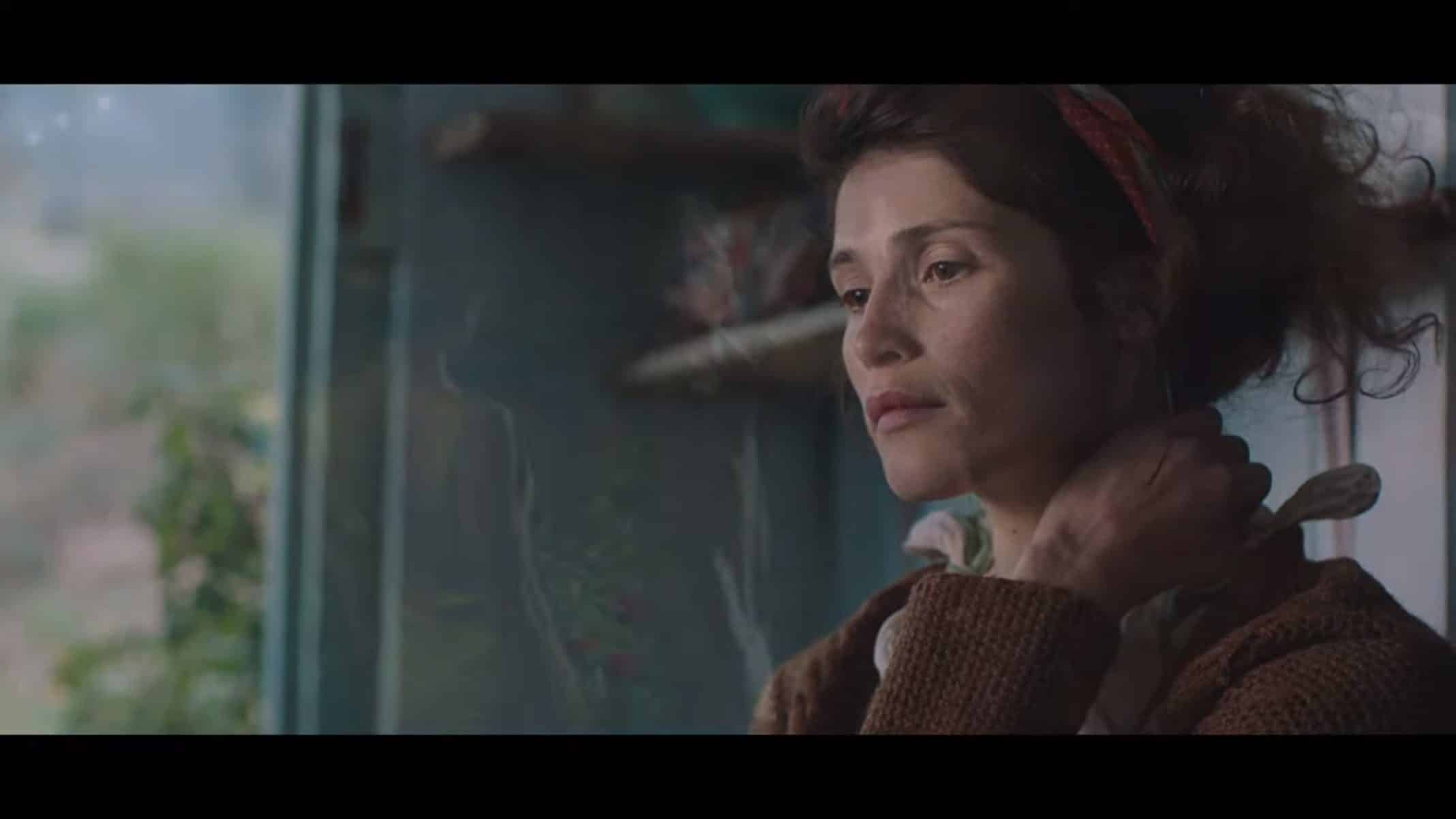Summerland (2020) – Review/ Summary with Spoilers
While the idea of a period drama may lead you to worry about boredom, the often-prickly character Alice keeps things lively in “Summerland.”

Spoiler Alert: This summary and review contains spoilers.
Additionally, some images and text may include affiliate links, meaning we may earn a commission or receive products if you make a purchase.
While the idea of a period drama may lead you to worry about boredom, the often-prickly character Alice keeps things lively in “Summerland.”
| Director(s) | Jessica Swale |
| Screenplay By | Jessica Swale |
| Date Released (Digital) | 7/31/2020 |
| Genre(s) | Drama |
| Duration | 1 Hour, 39 Minutes |
| Rating | PG |
| Noted Cast | |
| WWII Alice | Gemma Arterton |
| 1975 Alice | Penelope Wilton |
| 1975 Vera | Martina Laird |
| WWII Vera | Gugu Mbatha-Raw |
| Frank | Lucas Bond |
| 1975 Frank | Toby Osmond |
| Edie | Dixie Egerickx |
This content contains pertinent spoilers.
Plot Summary
Focusing on the Nazi bombardment of England, Ms. Alice Lamb is a known recluse who is considered rude, aloof, and just plain old nasty. Hence the boys of the town messing with her and girls spreading rumors she is a witch. The truth? Well, Alice simply doesn’t wish to be bothered.
Now, as for why she is this way? Well, that is partly hard to say. It can be contributed to her having no family, thus making the place she lives just that, and not her community. However, with the introduction of a child, Frank, into her life, and memories of a lover, Vera, she lost, the once callous Alice finds herself being pushed to open up.
Review
Highlights
The Romances

Whether you are talking about the relationship between Alice and Vera or Frank’s puppy love thing with a girl named Edie, some butterflies may take flight. Mind you, being that we’re talking sometime in the 30s or 40s, as you can imagine, Alice and Vera aren’t out and about and living their best lives. We don’t get to see a whole lot of them living in bliss, in terms of screen time.
However, there is more than enough given to make you swoon a bit and establish one of the reasons why Alice has become recluse and perhaps bitter. Which is why Frank provides a nice balance to that with his friendship to Edie. Someone who, in our minds, comes off as a possible young version of Alice, since she is very independent, marches to the beat of her own drum and isn’t much for suffering fools.
Yet, when it comes to Frank, you see a soft spot. Thus allowing you an idea of what Alice would have been like with Vera if the times were more progressive than they were.
Alice’s Attitude
Be it on purpose or not, Alice’s attitude may get a few chuckles out of you. Take, for instance, her going to a store when a mother couldn’t afford a piece of chocolate, and it being assumed when Alice bought some she’d give it to the child – NOPE! She snatches that chocolate, enjoys every morsel, and we hear the kid crying in the background.
Now, I don’t know about you, but a dark place in my heart finds that funny, and considering how Alice pushes back when it comes to feeling put upon by Frank’s presence, the comedic moments continue. Making it so if you had any worries or fears this would be a drama you remember for the score putting you to sleep, the movie quickly does away with such an idea.
Alice Bonding With Frank

From what it appears, Alice was never really into the idea of children. Be it the fear of childbirth, or disinterest in men, never mind her dedication to her work, children weren’t ever a priority. Yet, as she mellows out with Frank, and stops reminding him her friendliness shouldn’t be seen as an invitation, you see a cute, though odd, dynamic.
One that makes you think of a 90s sitcom, minus any sort of physical abuse, as Alice is cold, often rude, to the boy, until his interest in her work, or that he has as an individual awakens something in Alice. Leaving her far from someone mushy, but definitely, a person shocked at her own ability to feel for a child stranger.
Overall Rating
Would Watch Again? – One and Done
Rating: Positive (Worth Seeing)
“Summerland” feels like an unintentional comedy that hits you in multiple ventricles of the heart. For whether it is the love between Alice and Vera, Frank and Edie’s thing, or Alice and Frank warming up to one another, the film gets you one way or another.
Where To Watch
Ending Explained (Spoilers)
Vera leaves Alice, sometime in the late 1920s, maybe early 1930s, for she doesn’t seem ready to live the life of a secret lesbian, plus she wants kids. So off to London she goes, and we learn Frank is the son she always wanted. Hence why Alice ends up with the child. For the program of housing a child during the war was voluntary, and, as you can imagine, Alice would never sign up for such a thing. Rather, Vera volunteered her for it.
Which, of course, isn’t learned until after Frank’s father dies, and we’re led to assume Vera might have died as well. However, that ends up not being the case. Rather, somehow, Vera lived or simply wasn’t there when her and Frank’s home was bombed. Thus leading her to go to Alice’s house and since her arrival, she picks up where she and Alice left off and apparently raised Frank together.
Sequel Potential
It would be interesting to see and understand what a lesbian, interracial couple, raising a boy, went through from the 40s up until the film’s ending in 1975. Especially considering Alice lived in a small village where she already had a bad reputation and was considered a witch. Imagine what she, Vera, and Frank went through since there could be no lies about Vera being Alice’s sister or cousin who came to live with her.
Images used for editorial and commentary purposes. All rights remain with their respective copyright holders.




